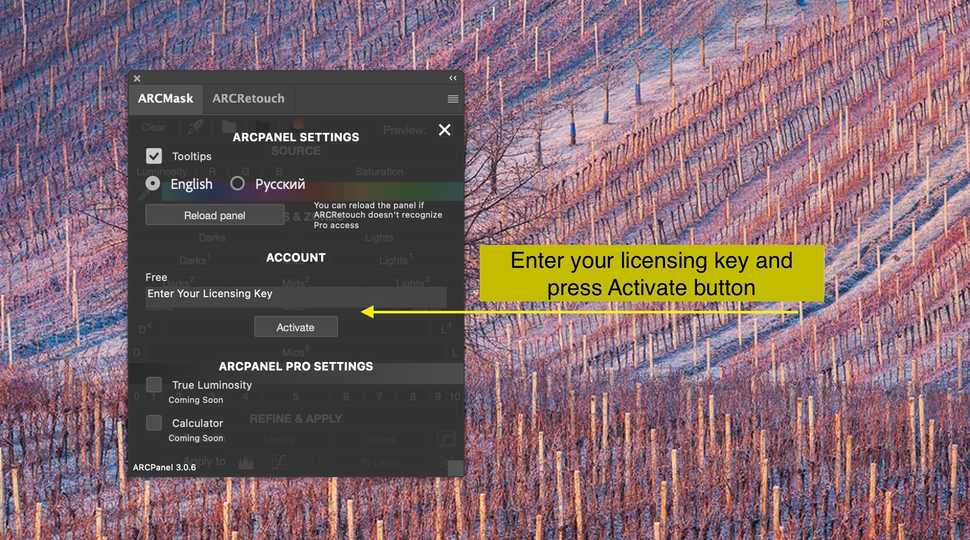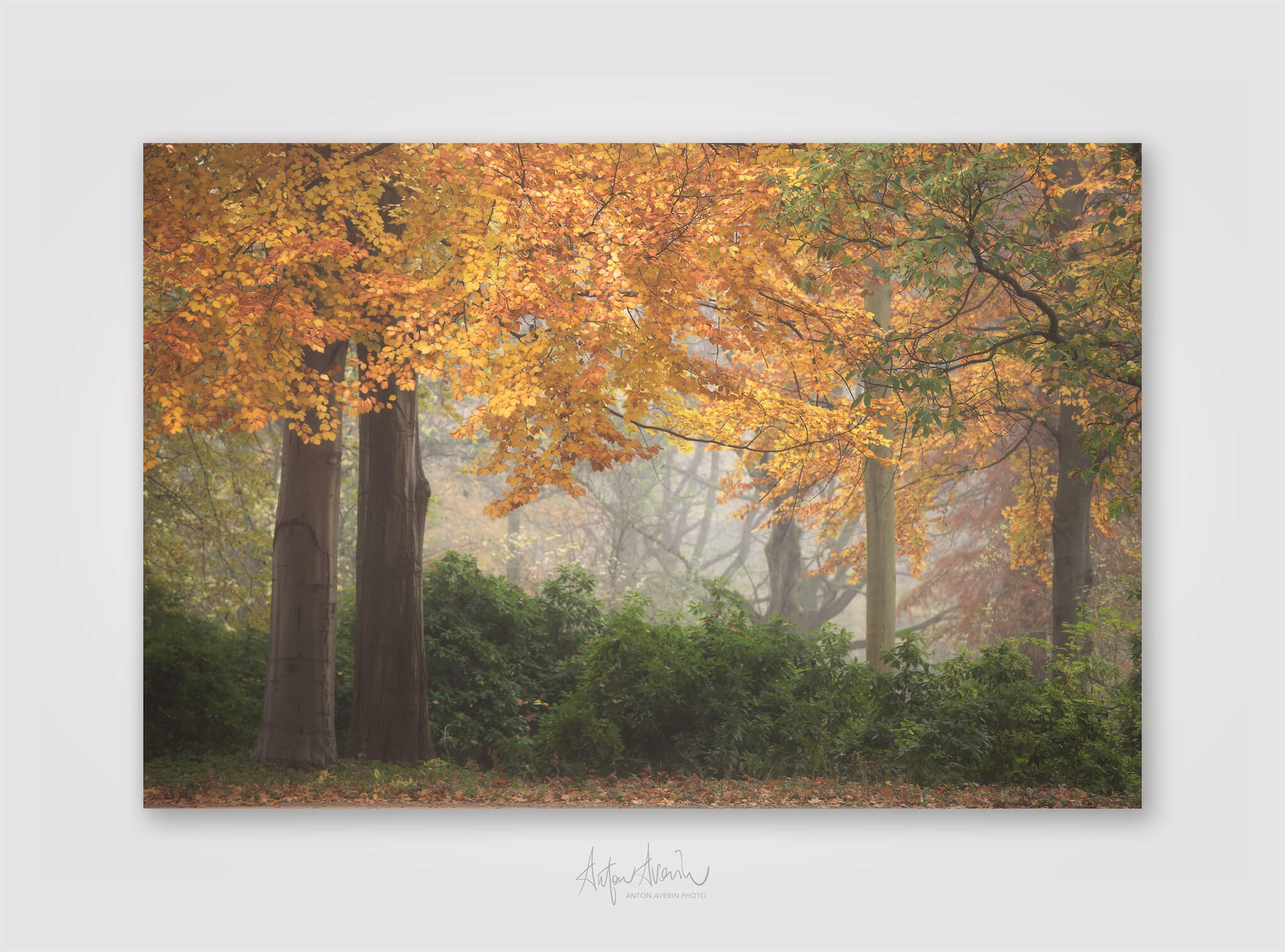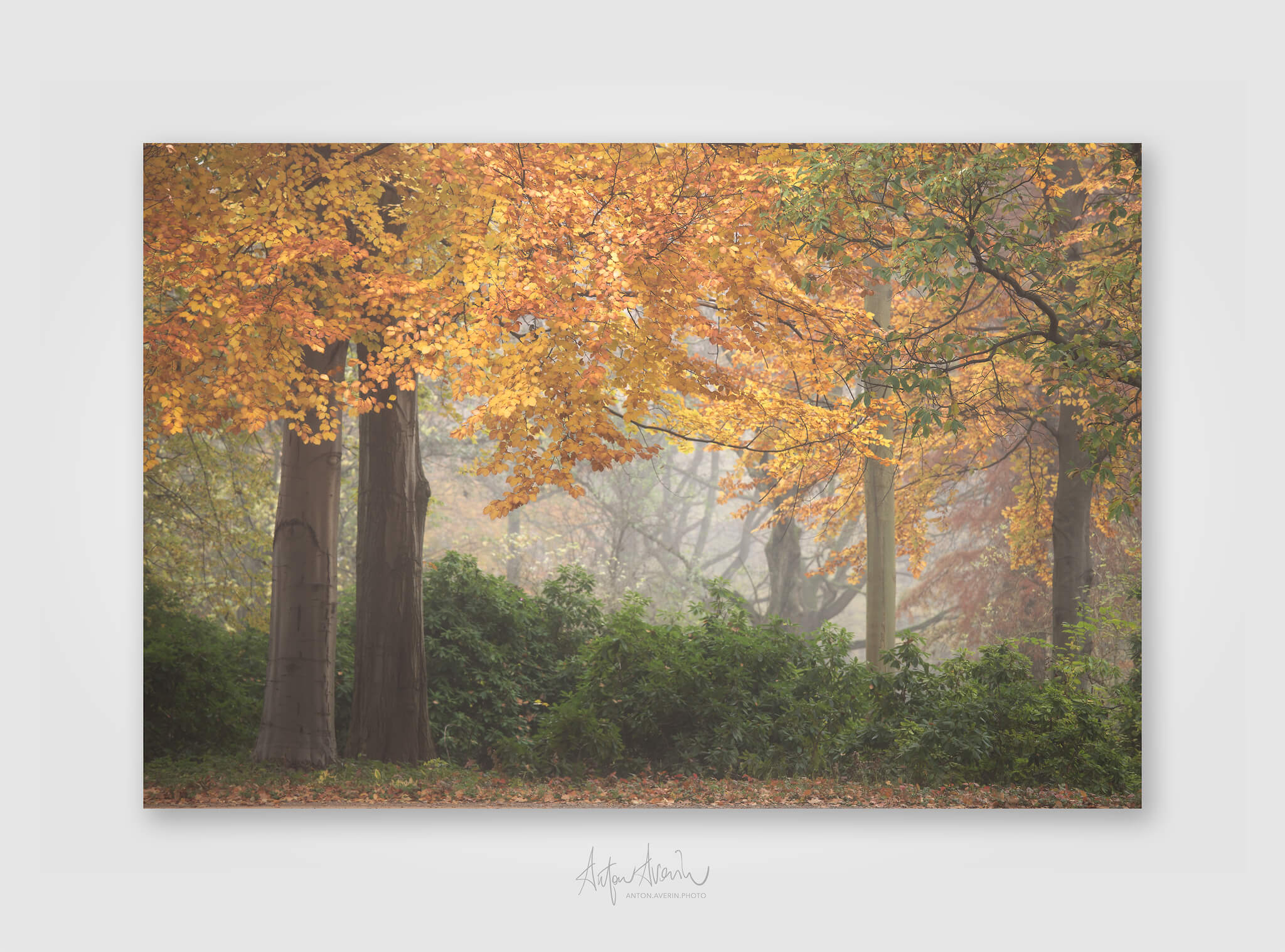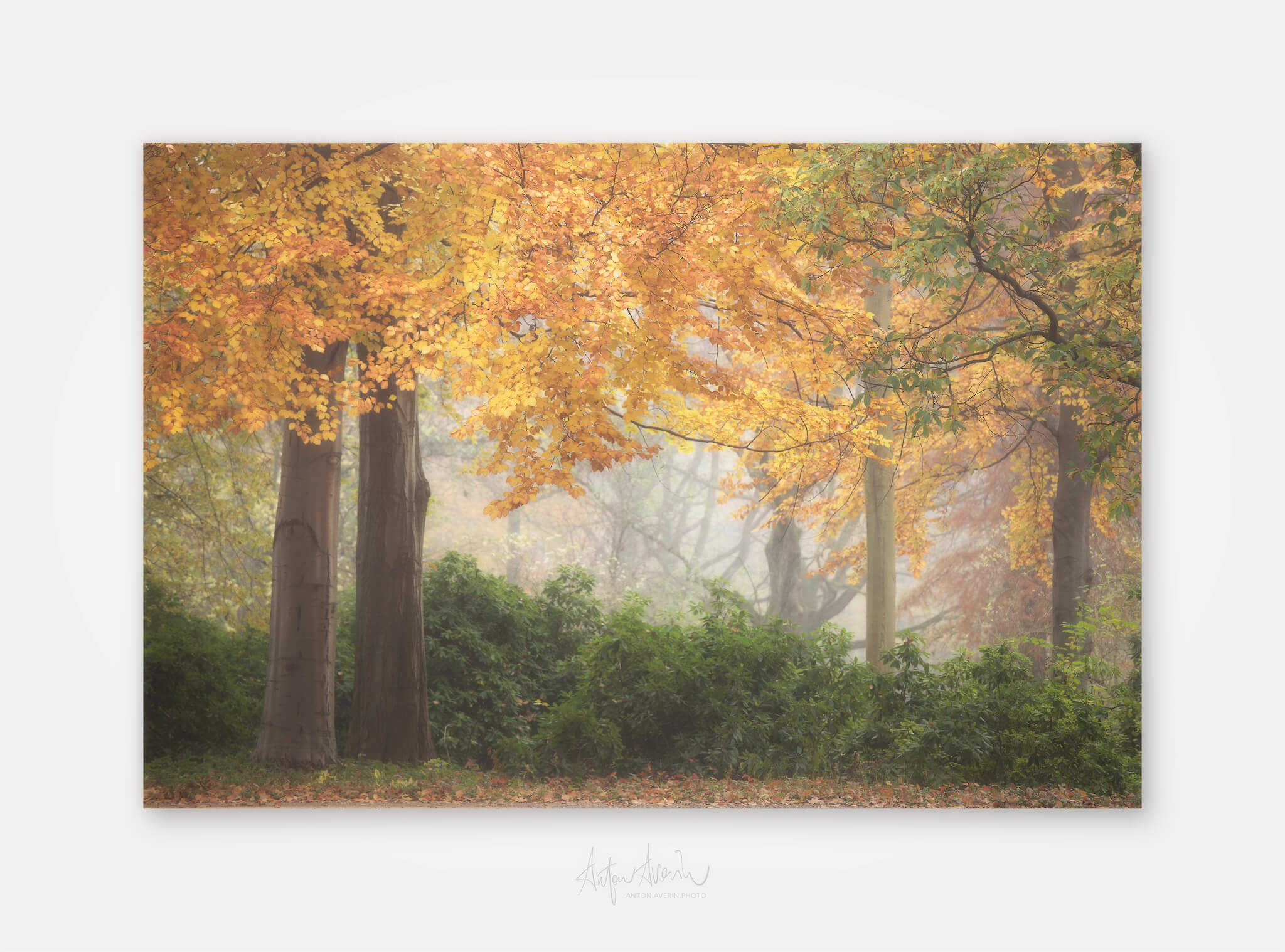In this article
ARCPanel Pro
ARCPanel Pro is a one-time purchase that turns ARCPanel 3.0 into a professional processing suite. Everyone who have purchased ARCPanel before automatically gets ARCPanel Pro.
Activation
After making a purchase you will get 3 licensing keys for ARCPanel Pro via email. One key activates one copy of ARCPanel. Right-click anywhere on the panel or press on cog icon to get to settings and activation.
If you no longer want to use ARCPanel on the computer, you need to deactivate the license in settings.
That's it, it's that simple. Just don't forget to deactivate your license when you no longer need it.
You can always find your licensing keys in Members Area or in the email. Send me a message if you still didn't get your ARCPanel 3.0 licensing keys.
ARCMask
ARCPanel Pro enables powerful masking features in ARCMask tab.
Hue range mask
SOURCE
Creates a Luminosity mask and uses it as a source for future mask calculations. Will be used until applied, replaced with another source or cleared.
LuminosityCreates a Luminosity mask using luminosity of the Red channel and uses it as a source for future mask calculations. Will be used until applied, replaced with another source or cleared.
RCreates a Luminosity mask using luminosity of the Green channel and uses it as a source for future mask calculations. Will be used until applied, replaced with another source or cleared.
GCreates a Luminosity mask using luminosity of the Blue channel and uses it as a source for future mask calculations. Will be used until applied, replaced with another source or cleared.
BCreates a Saturation mask using most saturated pixels of an image and uses it as a source for future mask calculations. Will be used until applied, replaced with another source or cleared.
SaturationAllows to build a mask using color range sliders. Uses Luminosity by default, but if Saturation is selected will select saturated color ranges. Click to start.
Color masking is a powerful tool that lets you select any range of colors. Unlike in built-in Color Range tool that limits you to one color, any color ranges are supported. Colors are calculated based on already selected source options: Luminosity or Saturation.
Luminosity is used by default, meaning that colors will be selected based on their luminance values. Selecting Saturation as the source will change color slider to select based on color saturation values.
After color mask is applied it itself becomes the Source and can be modified by any masks – that means that you can select a range of colors from the image based on their Saturation values and after that select brightest of them by clicking Lights-3 on Masks
- Color Picker – lets you pick a color from the image to build color mask
- Color Slider – click anywhere on the slider to select a range, drag handles to modify the range. Click Build Maks or Cancel to apply or cancel color mask.
- Feather and Boost - move Feather and Boost sliders to better control the selection.
Luminosity range mask
Allows to select any luminosity range using sliders. Builds mask on True Luminosity, ignoring colors. May not match luminosity exactly. Click to start.
Builds Darks mask
DarksBuilds Lights mask
LightsBuilds Darks-1 mask
Darks 1Builds Mids-1 mask
Mids 1Builds Lights-1 mask
Lights 1Builds Darks-2 mask
Darks 2Builds Mids-2 mask
Mids 2Builds Lights-2 mask
Lights 2Builds Darks-3 mask
Darks 3Builds Mids-3 mask
Mids 3Builds Lights-3 mask
Lights 3Builds Darks-4 mask
D 4Builds Mids-4 mask
Mids 4Builds Lights-4 mask
L 4Builds Darks-5 mask
DBuilds Mids-5 mask
Mids 5Builds Lights-5 mask
LLuminosity is a spectrum that is not limited to Lights 1-5 and other ranges. Range luminosity mask brings flexibility into luminosity mask creation allowing to pick the mask you need by just moving a slider.
Functionality is very similar to Range Masks that Lightroom offers, but in Photoshop, with the availability of layers, this gives a completely different level of flexibility.
- Range picker - lets you pick a luminosity from the image and slider will auto select correct values
- Lumi slider - controlling two sliders, select any range you want. Having right-most slider fully on the right will give lights. Having left-most slider fully on the left will give darks masks. Having two sliders in the middle will give midtones selections.
- Feather and Boost - move Feather and Boost sliders to better control the selection.
Combining range hue and luminosity
Hue and luminosity range masks work great together.
First select hues that you are interested in using Hue Range Mask, then limit their luminosity using Luminosity Range Mask. Selection possibilities are truly endless.
Calculator
Let's you build a new mask and add it to the current mask. Use = to calculate result.
Let's you build a new mask and subtract it from the current mask. Use = to calculate result.
Let's you build a new mask and multiply it to the current mask. Use = to calculate result.
Builds result of calculation.
Calculator lets you Add, Subtract or Multiply any mask with any mask. Working even with Hue Range and Luminosity Range, calculator brings unprecedented precision into building luminosity masks.
- Build some mask,
- Pick operator,
- build another mask,
- press on "="
Built mask will be the result of operation you have picked.
You can continue this process until you get the result you want.
Paint mask
Apply to
Creates new Levels adjustment layer as sets built mask on it
Creates new Curves adjustment layer as sets built mask on it
Creates a new selection using built mask
Applies built mask to the currently selected layer
To LayerPaint current mask onto layer mask. Sets foreground color to white, selects brush. If layer has no mask, sets black mask, otherise paints on existing mask. Hides marching ants.
- Creates new Curves adjustment layer as sets built mask on itCurves
- Creates new Levels adjustment layer as sets built mask on itLevels
- Creates new Brightness/Contrast adjustment layer as sets built mask on itBrightness/Contrast
- Creates new Hue/Saturation adjustment layer as sets built mask on itHue/Saturation
- Creates new Exposure adjustment layer as sets built mask on itExposure
- Creates new Solid color adjustment layer as sets built mask on itSolid color
- Creates new Black & White adjustment layer as sets built mask on itBlack & White
- Creates new Photo filter adjustment layer as sets built mask on itPhoto filter
- Creates new Vibrance adjustment layer as sets built mask on itVibrance
- Creates new Color balance adjustment layer as sets built mask on itColor balance
- Creates new Selective color adjustment layer as sets built mask on itSelective color
- Creates new Channel mixer adjustment layer as sets built mask on itChannel mixer
Paint mask is a special function, that gives a one-button shortcut to a widely used technique in processing.
Often we want to paint desired effect through a mask. Usually, this requires to:
- build a mask
- make a selection
- hide marching ants
- select a brush
- set foreground color to white
- select mask (set it black if it's missing)
All these steps are done automatically by pressing Paint Mask button. Panel will also conviniently show if there is a selection with hidden ants active at any moment.
Quick Actions
Most of Quick Actions are only available in ARCPanel Pro.
Clear the state and remove temporary panel channels.
ClearEnables Quick Apply mode when preview is disabled and clicking on buttons instantly replaces mask in the currently selected layer
Creates a new group with mask filled white color
Creates a new group with mask filled black color
Generates endless color grading combinations of colors that look good together.
Quick Apply (Coming soon)
Quick Apply feature is under consturction at the moment.
Group shortcuts
Grouping layers is a very powerful tool when processing images. Combined with masks, they are essential for high quality processing.
Group shortcuts simplify one of the most used function for layer grouping:
- Group with white mask – quickly groups layers and applies white mask
- Group with dark mask – quickly groups layers and applies black mask
Infinite Color
One click on Infinite Color button generates a random color grading preset that can be manually adjusted. Keep clicking until you find a pleasing color combination and then tailor it to your needs.
Feature works best for city and portrait images allowing to quickly get to film-like colors.
More details in this article. You can also learn more about color grading in general in this article.
Image on the video provided by Tellisman Svitozar
Preview on Hover
ARCPanel is fast when building masks, so there is no need to click on buttons if you don't want to.
Enabling Preview On Hover will be previewing you masks while you hover over buttons. Clicking will select the mask and enable it for refinement. Preview keeps working even when you select a different Source, like Saturation.
ARCRetouch
Advanced retouching tools for your needs.
Frequency Separation
FREQUENCY SEPARATION
Build
Frequency Separation is a tool that lets you extract texture and modify it independently from other parts of the image.
Main appliances: smoothening human skin, fixing lens flares, professional product retouching.
- Gaussian Blur gives more conventional results
- Surface Blur works good in portraits
- Median gives much better results and fine-tuning for product retouching.
Every method will generate extra layers for quick re-touching of low and high frequencies and a hidden Texture Boost layer to simplify work with skin.
Orton Effect
ORTON EFFECT
Generates Orton Effect in a Heavy configuration that darkens image a little.
Orton HeavyGenerates Orton Effect in a Soft dreamy configuration that lightens image a little.
Orton SoftOrton Effect is a very popular enhancement brining that magical glow to the pictures
- Orton Heavy – strong and visible Orton Effect
- Orton Soft – a softer version of Orton Effect
Orton Heavy before/after
Orton Soft before/after
Solar Curve
TOOLS
Creates a special curve that makes it much easier to spot dust, scratches or issues with clone stamp on the image.
Solar CurveSolar Curve is a special curve that makes it much easier to spot dust, scratches or issues with clone stamp on the image.
Dodge & Burn (Coming soon)
DODGE & BURN
Generates Dodge & Burn using grey layers.
Grey LayersGenerates Dodge & Burn using curves.
Via CurvesGenerates automatic Dodging & Burning allowing select ranges via Blend If
AutomaticDodging and Burning is the main post-processing technique. Dodging is brightening, and Burning is darkening parts of the image.
Panel provides 3 Dodge & Burn techniques
- Grey Layers – the most used technique – two 50% grey layers with Overlay and Soft Light blending modes
- Curves – A bit emore advanced technique – 2 curves adjustment layers layered in Luminosity. Curves set the limit of dodge/burn to avoid clipping.
- Automatic – Good for portraits. Lets you select Blend-If ranges for lights and darks – this allows to automatically update Dodge and Burn when underlying pictures changes
Preparing login widget...













